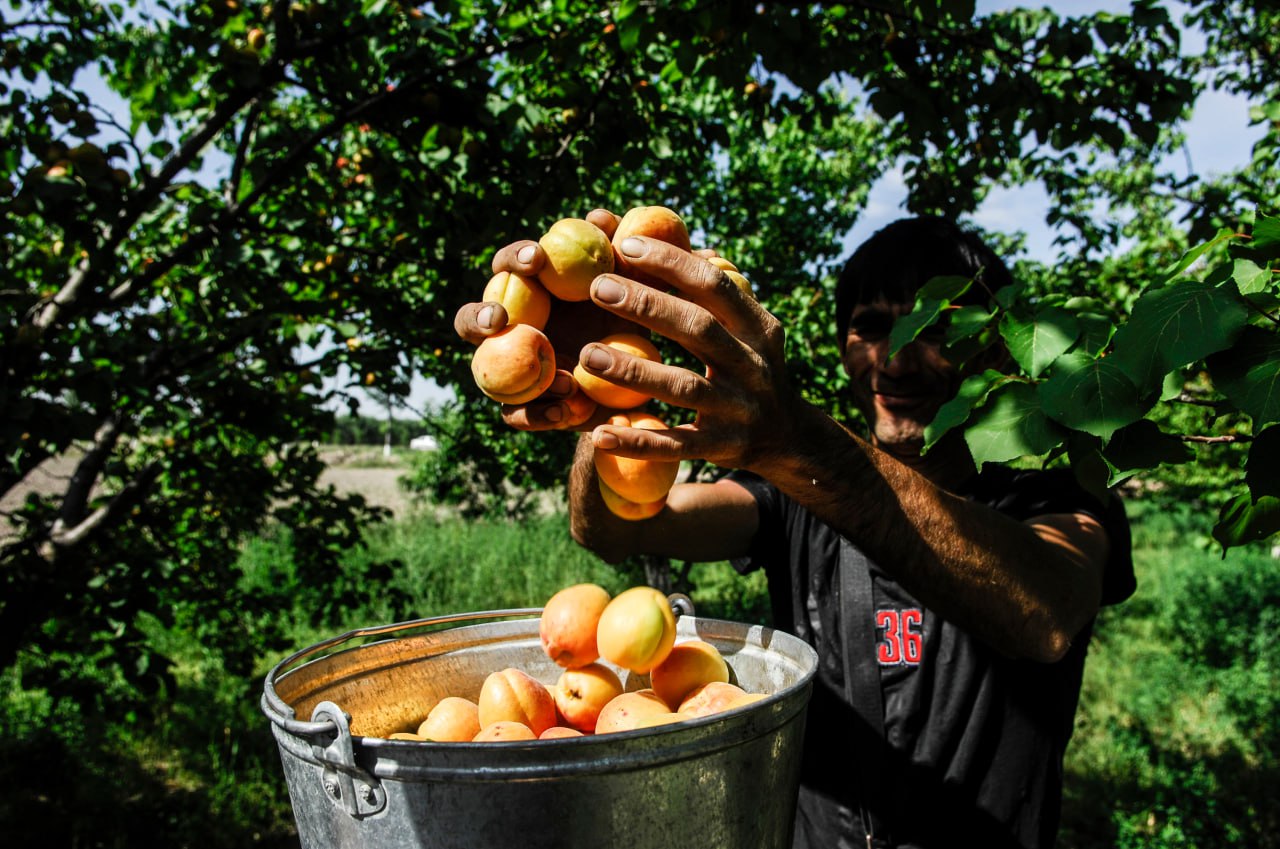By Google Inc
Copyright asiaplustj

A seminar titled “Promoting the Sustainable Development and Competitiveness of the Apricot Value Chain in Tajikistan” was held in Dushanbe on September 25, marking the start of a new initiative to strengthen the apricot sector. The event was organized by the Food and Agriculture Organization (FAO) of the United Nations and consulting firm Nexigol Mushovir, with support from Tajikistan’s Ministry of Agriculture and the Export Agency.
According to the FAO Office in Tajikistan, the seminar is part of the FAO’s “One Country – One Priority Product” (OCOP) program, launched in 2021, which focuses on developing unique agricultural products and improving the entire value chain — from cultivation to sale. In 2022, Tajikistan chose apricots as a priority product due to their significance for rural economies, particularly in the Sughd and Khatlon regions.
Promoting the sustainable development and competitiveness of Tajikistan’s apricot value chain involves enhancing quality and safety standards, diversifying into value-added products, improving post-harvest practices, strengthening market access through better logistics and export strategies, and integrating smallholder farmers into commercial value chains. International organizations, like the UNDP, FAO, and World Bank, are key partners in these efforts, focusing on capacity building and connecting agribusinesses with regional and global markets.
Despite successes in dried apricot exports, the industry faces challenges. Outdated production methods, limited access to modern technologies and financing, an underdeveloped market, and the impact of climate change are all barriers to growth.
FAO and UNIDO support apricot sector transformation in Tajikistan
To address these challenges, the FAO, along with the United Nations Industrial Development Organization (UNIDO), is providing technical assistance to Tajikistan as part of the global “Accelerating the Transformation of Agri-food Systems” (ACTA) program. Experts are analyzing the value chain, helping to set priorities, and developing an investment plan. The ACTA approach is based on business models, market systems, and innovative partnerships aimed at attracting new investments.
“Apricots are not only a crucial product for the economy but also a symbol of Tajikistan’s agricultural heritage. Our goal is to enhance the value, quality, and sustainability of the apricot sector, making it a significant contributor to farmers’ livelihoods, trade, and climate change adaptation,” said Mr. Agasi Harutyunyan, Acting FAO Representative in Tajikistan.
The seminar reportedly brought together government representatives, business leaders, and international organizations, marking the beginning of a national effort to develop the apricot sector. It is the first of three consultative events under the OCOP-ACTA framework, aimed at fostering coordination and developing a roadmap for the sustainable growth of Tajikistan’s apricot industry.



